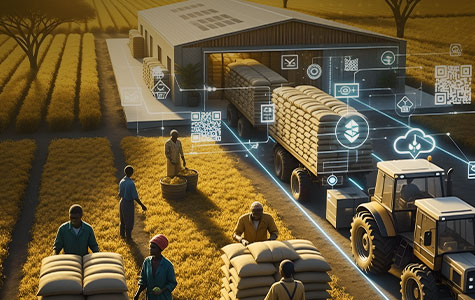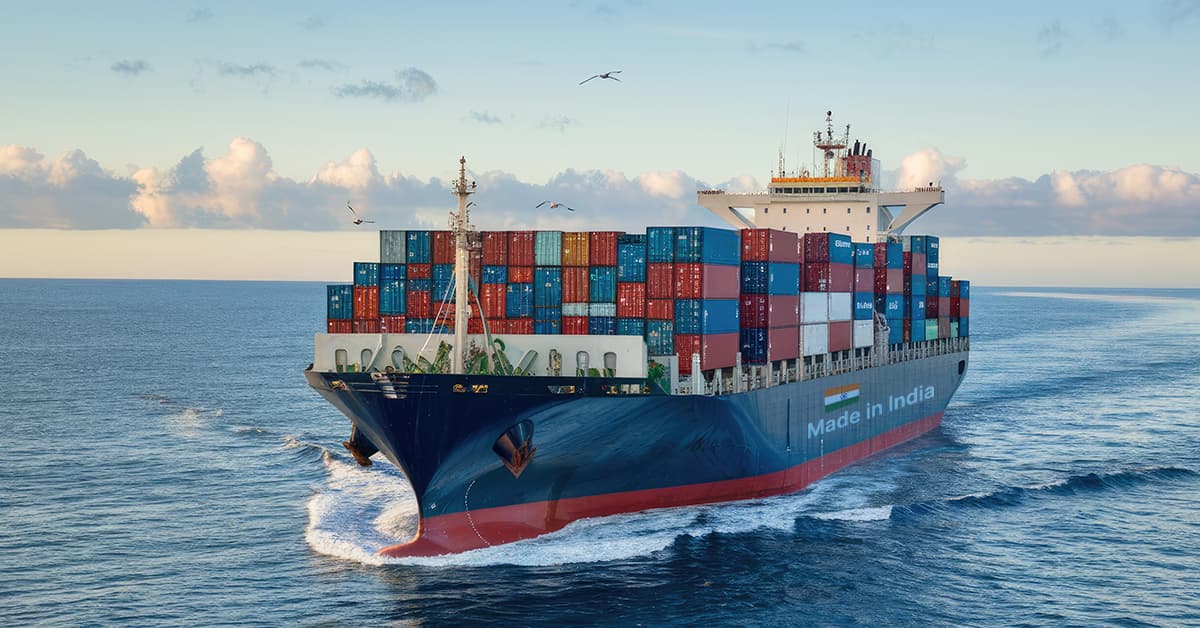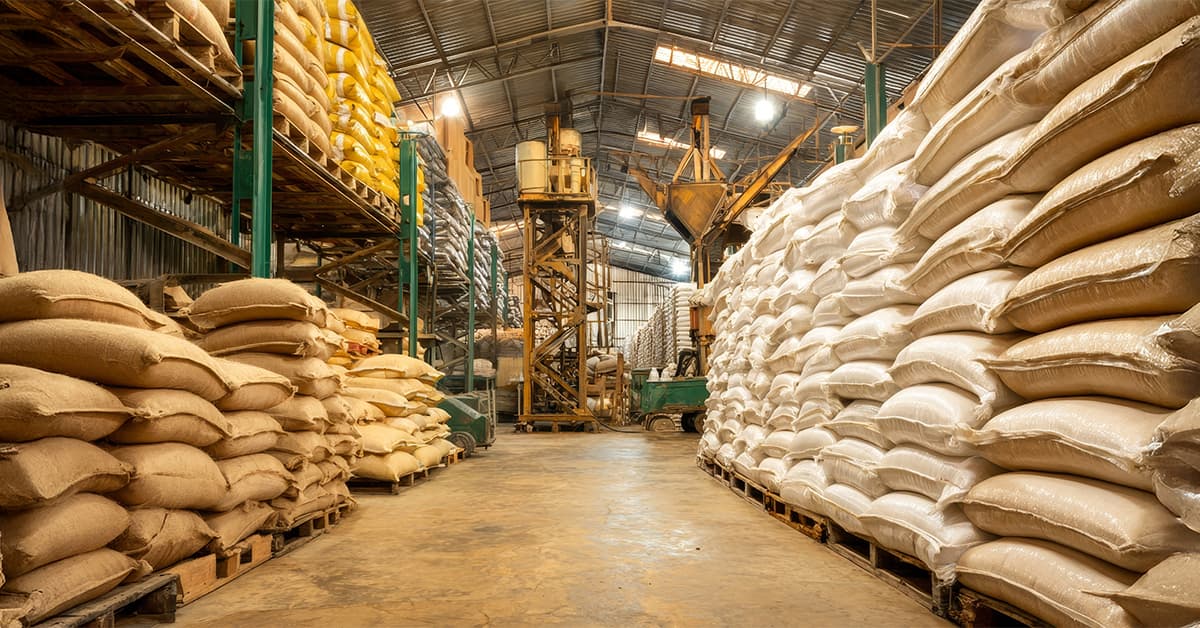Think of the social protection systems in South Asia. Have they gone the distance? And covered the most vulnerable people? Before trying to course correct, let’s take note of the remarkable strides made by these government anchored safety net programmes. Many large social protection systems in South Asia, notably India, are predicated on robust national legislation and are providing support and relief to the poor and vulnerable. If India has been able to lift a staggering 120 million people out of extreme poverty, social protection schemes have a significant contribution. But as India and her other South Asian peers navigate the economic and geopolitical uncertainties -risks posed by climate change, Black Swan events like Covid pandemic or incidents of civil unrest, they need to switch to adaptive social protection systems. Besides resilience, these systems can ensure no one is left behind. The need to rethink the design and delivery of safety nets is no longer an afterthought but an absolute necessity. The call is for progressive universalism- a universal social protection system that spans a lifetime- from childhood to working life and old age.
.jpg)
Vulnerability to external shocks
South Asia has faced an extraordinary series of challenges in recent years. In Sri Lanka, an economic crisis exacerbated by COVID-19 plunged about 3 million people into poverty. Meanwhile, Pakistan's devastating 2022 floods, a stark reminder of its climate vulnerability, pushed an additional 8.4 to 9.1 million people into poverty. South Asia lost more than US$400 million in 2019 alone because of the impacts of extreme weather conditions associated with climate change (Source: World Bank). Moreover, food and fuel crises triggered by Russia’s invasion of Ukraine has amplified the impact, especially hitting children, women and the elderly.
Insufficient budget allocations and skewed priorities
In Asia, social spending is about half the global average, with pensions and health care absorbing roughly three-quarters of the total. This disparity highlights the region's diverse economic landscapes: Uzbekistan’s social expenditure exceeds 10% of GDP, while Armenia, China, the Kyrgyz Republic, and Thailand fall between 5 and 10%. India allocates nearly 4% of her GDP to key safety net programs, yet the effectiveness of these programs is hampered by lacklustre coordination and overlaps in delivery, both within and between government levels.
.jpg)
Tackling the challenge of workers in informal sector
Many workers in South Asia are trapped in informal, low-productivity jobs that hinder their economic mobility and perpetuate vulnerability. The proportion of formal sector employment is notably small across the region. Instead, a significant share of the workforce is engaged in self-employment or unpaid family work: 73% in Bhutan, 58% in Bangladesh, 57% in Pakistan, 54% in India, 46% in Nepal, and 44% in Sri Lanka. These roles often lack regular income and essential protections, leaving workers without the means to build savings or secure themselves against economic shocks, thereby reinforcing their cycle of poverty and vulnerability.
.jpg)
How to craft sustainable remedies
Tackling the frenzied pace of urbanization: The existing social protection priorities in India predominantly target poverty reduction in rural areas, often overlooking the urban context. To address the rapid pace of urbanization and economic modernization, India requires social protection instruments that can effectively manage the emerging risks and vulnerabilities associated with these changes.
Gender parity in social sector schemes: The next key priority is expanding social protection for women, empowering them to not only survive but thrive. Women often face immense challenges while juggling multiple responsibilities. By making social protection systems more inclusive, we can pave the way for a more gender-equal society and economy. It’s crucial that the design and implementation of these programmes explicitly address gender-specific needs and risks on a broad scale.
Adaptive and Resilient systems: India requires a new social contract to modernize its social protection system, making it more adaptable and resilient. To safeguard the most vulnerable, social protection must evolve to meet emerging challenges. This includes expanding access to social safety nets like food security programs, offering cash transfers, and investing in climate-resilient infrastructure and livelihoods.
Looping in the private sector: India must amplify the role of the private sector in its social protection system. As a rapidly developing middle-income nation, there's significant potential to leverage public-private partnerships (PPP) to enhance financing for social safety net programs. By transferring operational risks from the State to the private sector, these partnerships encourage long-term planning and innovation. Additionally, PPPs expand the pool of potential investors, maximizing the financial resources available for strengthening India’s social protection framework.
How CSM Tech has reengineered social protection systems
.jpg)
Immersive social platform in Odisha: CSM Tech collaborated with the Government of Odisha to create a lighthouse solution - Social Protection Delivery Platform (SPDP). SPDP generates an individual social protection ID for all beneficiaries registered in the platform. After successfully registering into the program, each beneficiary will receive a unique “Individual ID.” Each ID will be linked to a respective unique “Household ID” as well. This unique social protection ID also serves a valuable tool for Government stakeholders to view and analyze relevant information about beneficiary participation in the many government schemes for policymaking and research purposes. The SPDP is powered by an immersive social registry that facilitates dynamic inclusion of genuine beneficiaries. As opposed to statist registries, it unfailingly captures the changes in demographic data and socio-economic status and combats inclusion and exclusion errors.
Gambia’s dynamic social registry: Gambia, an African nation, has shown the way on how social registry can be tapped to deliver benefits ‘real time’ to the poor. CSM Tech has revolutionized the game with its dynamic social registry. Using a Proxy Means Test (PMT), each household gets a score, categorizing them based on need. But here's the kicker: it's not just about static data. Gambia's system is smartly linked to the Central Voter Registration System (CVRS), ensuring real-time updates and inclusivity. A social registry that's not only efficient but also agile, adapting to the changing needs of its people in real-time. Gambia’s social registry offers the following features:
- Single database to monitor & co-ordinate the ‘supply side’ of social protection programmes
- Identifies ‘who receives what’, duplications & potential for synergies across programmes
- Consolidates information from different social programmes and their benefits
PSNP Ethiopia: In Ethiopia, an interoperable social registry developed by CSM Tech has transformed the dynamics of implementation of the World Bank funded Productive Safety Net Programme (PSNP). The scheme now seamlessly more than 11 million beneficiaries. The programme provides unconditional transfers and conditional support to the poor and vulnerable households, consolidates beneficiary databases across departments such as Agriculture, Health, and Labour & Social Justice, using the National Household Registry as the primary key.
The future- Pivoting to Resilient social protection
The promising news is that several Asian nations have already pioneered innovative policy solutions to tackle these challenges head-on. For example, Indonesia, China, and Thailand have implemented adaptive universal health coverage with cross-subsidies for the poor and vulnerable, setting a powerful precedent. Meanwhile, Bangladesh, Myanmar, Mongolia, and the Philippines have expanded child benefits through cash transfers, and countries like Nepal, Sri Lanka, Thailand, and Vietnam are strengthening old-age social pensions.
In a forward-thinking move, several countries have also reformed their regulatory frameworks to include non-standard employment (NSE) workers in contributory schemes. The hope is that more nations will follow this progressive lead, recognizing the necessity of inclusive social protection systems.










































We will verify and publish your comment soon.